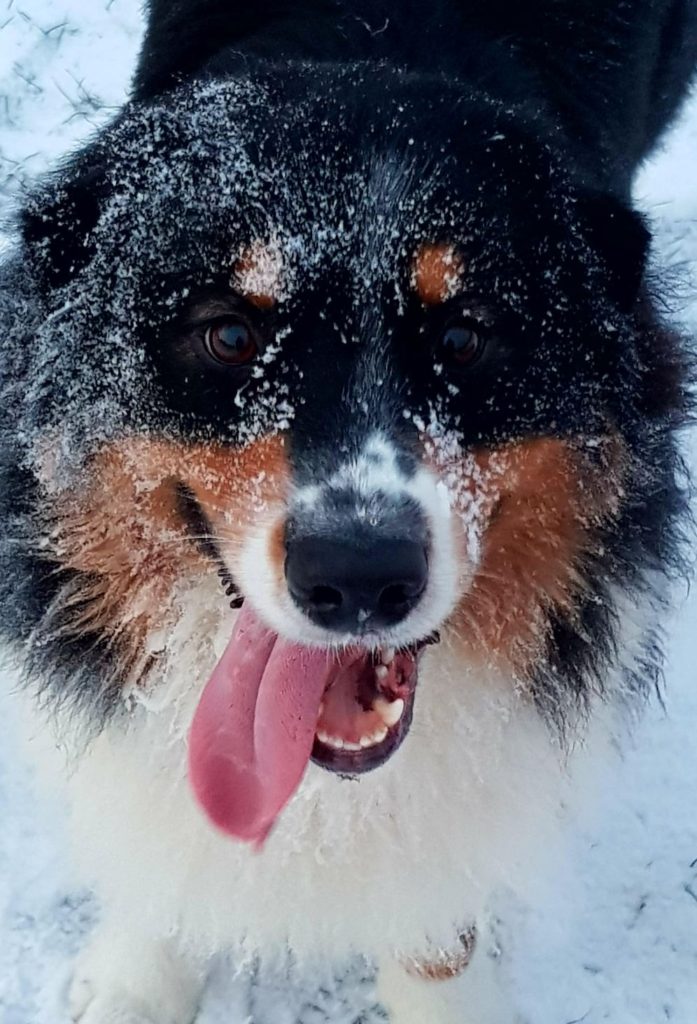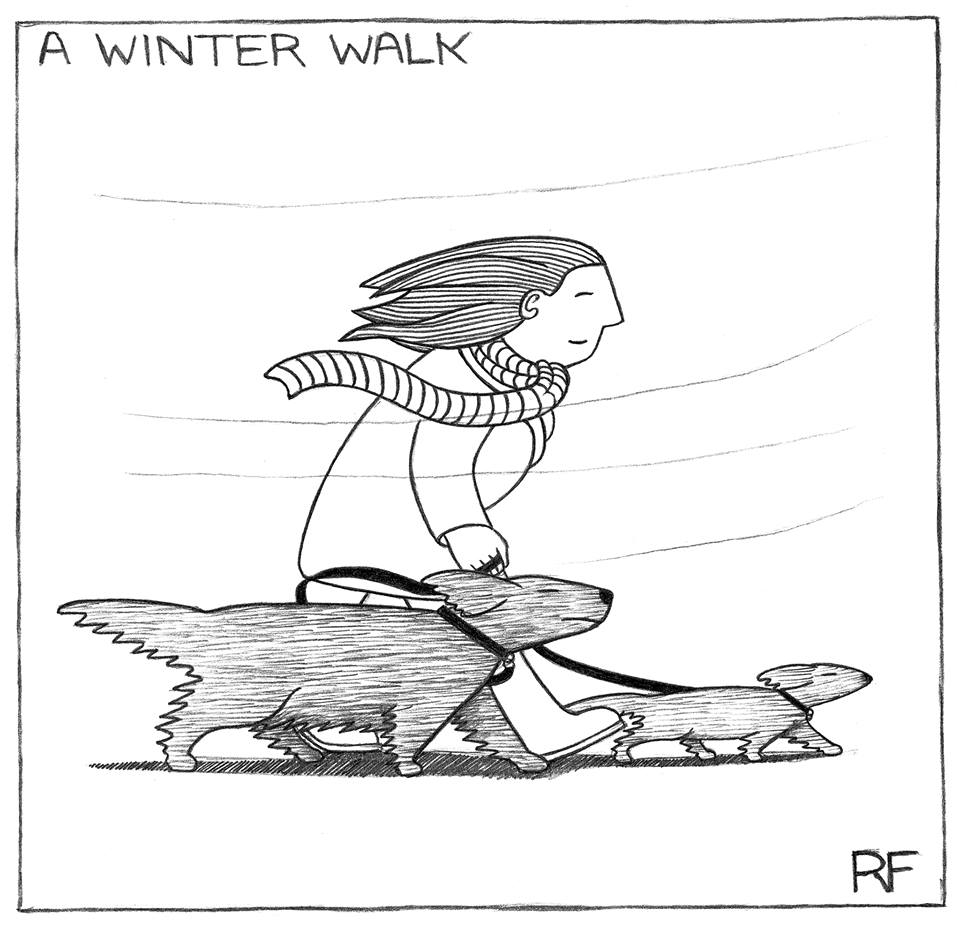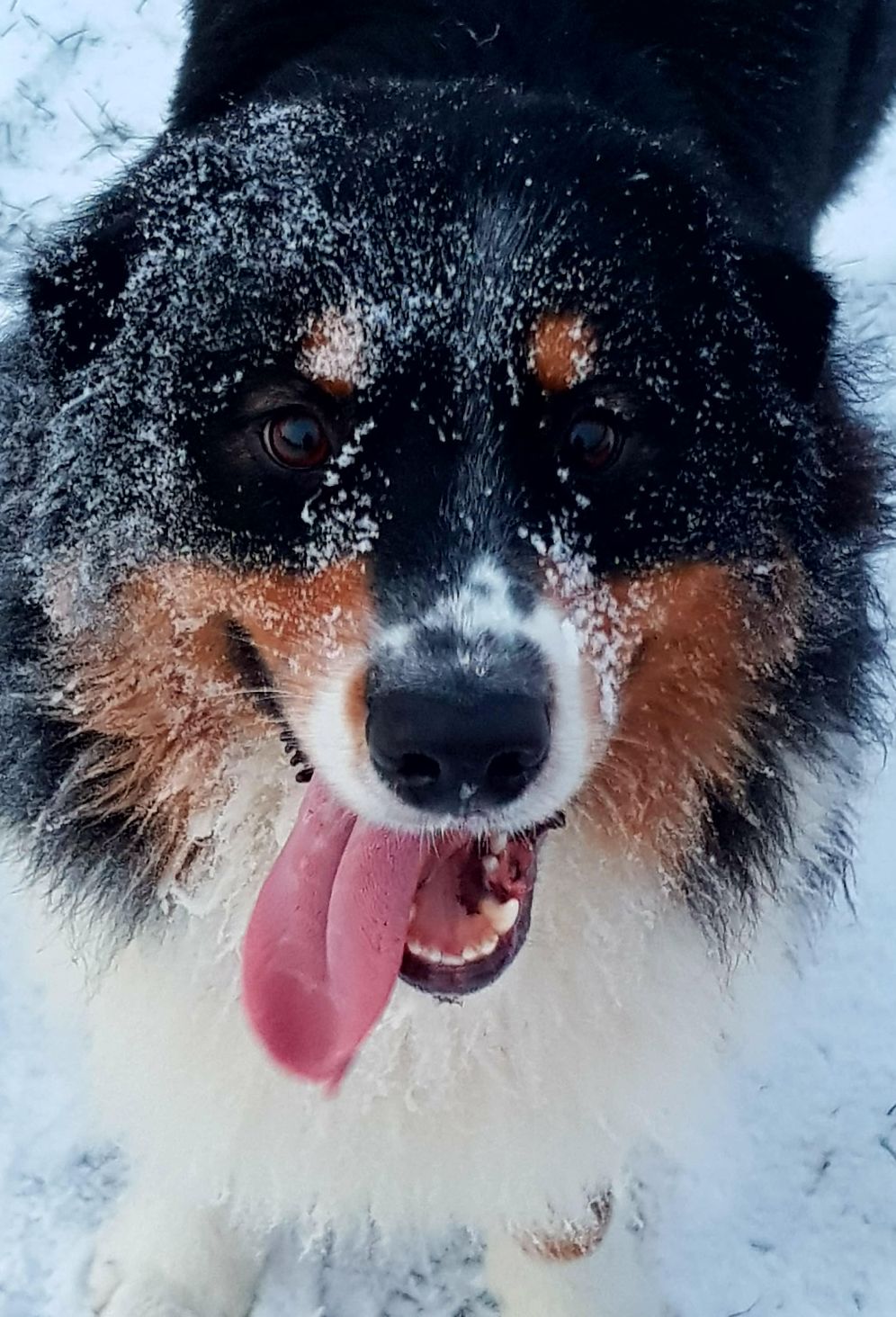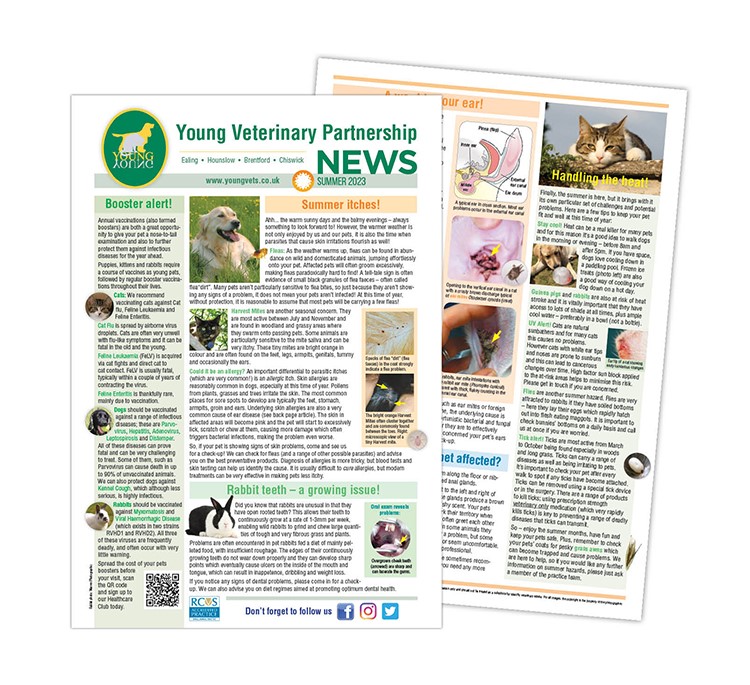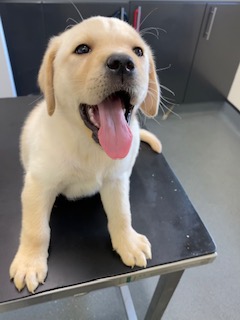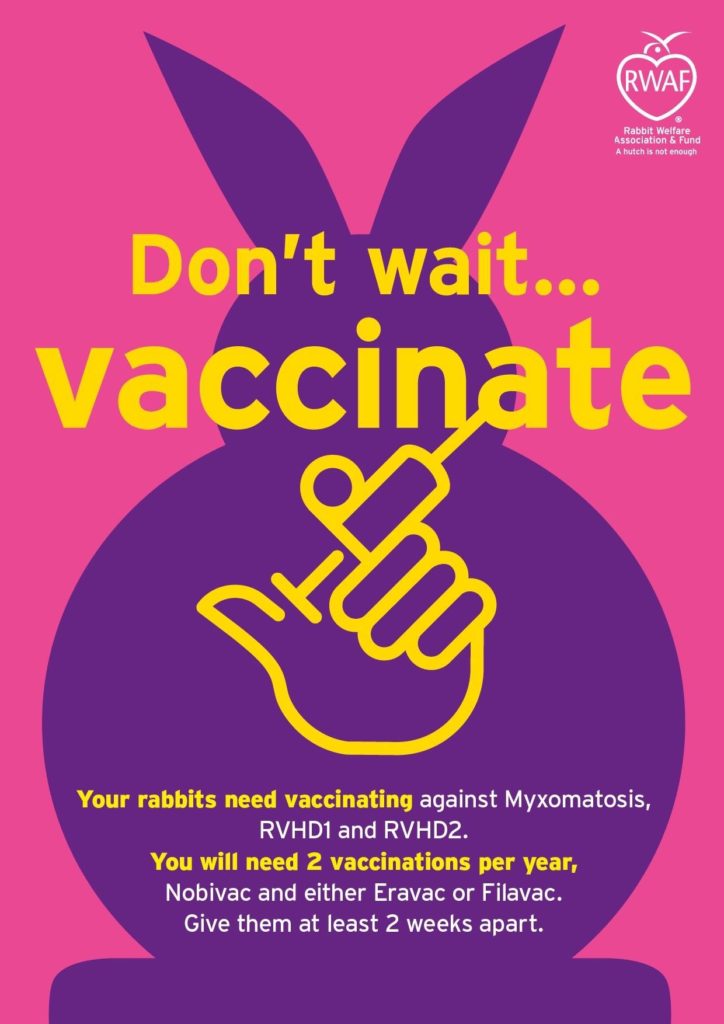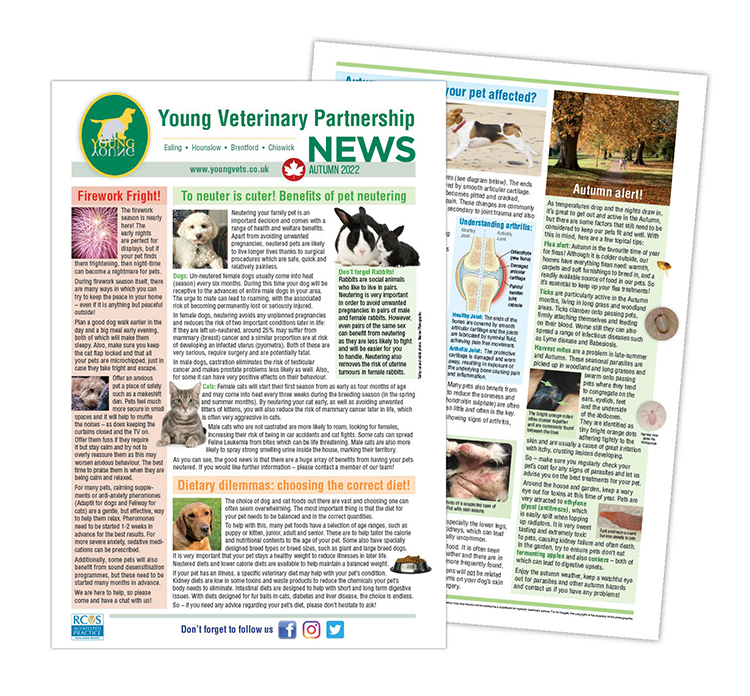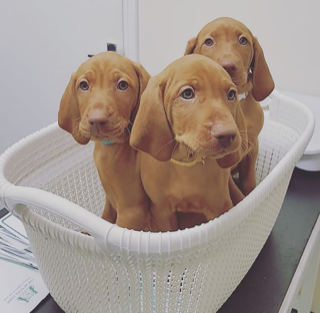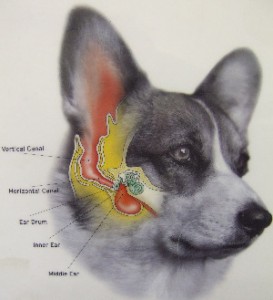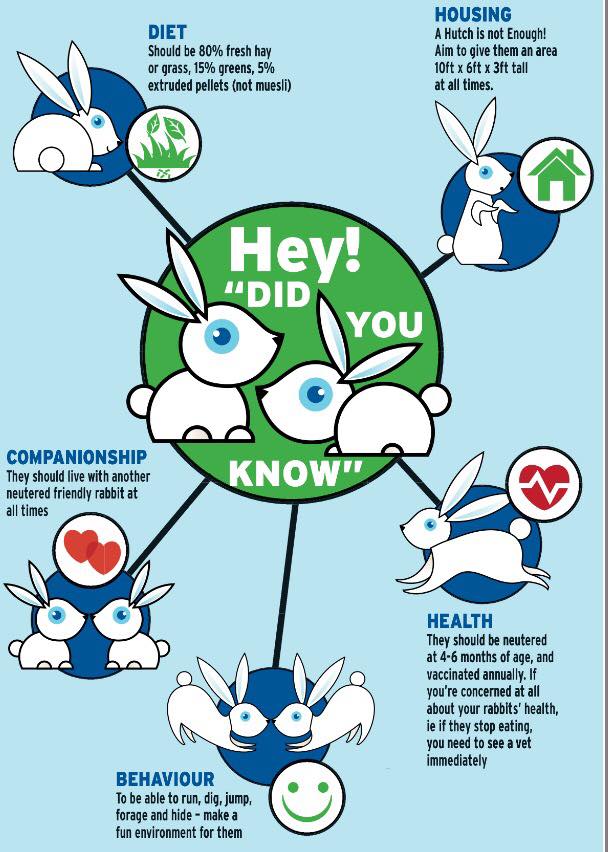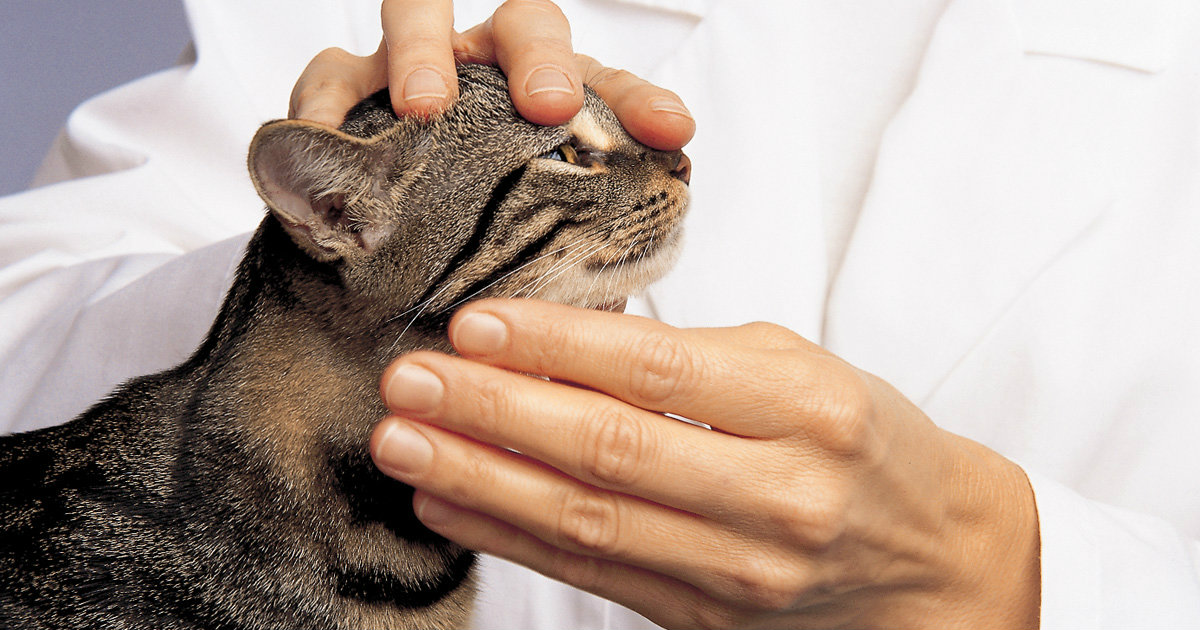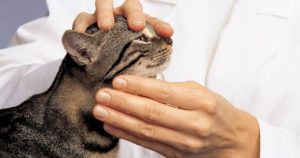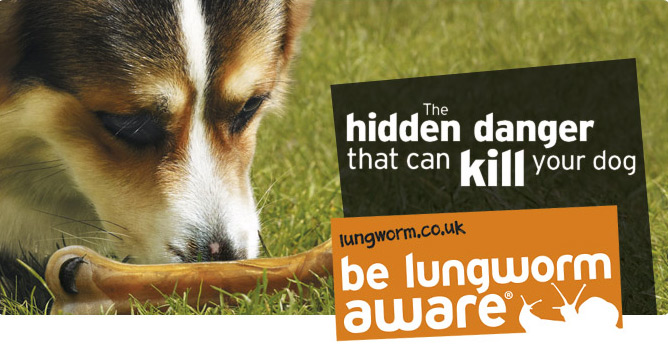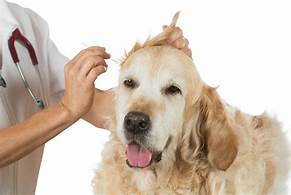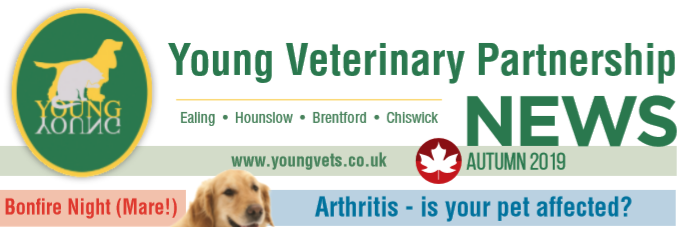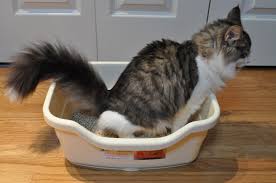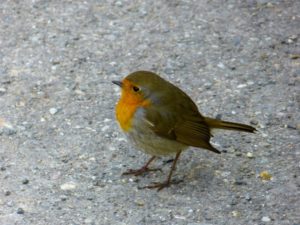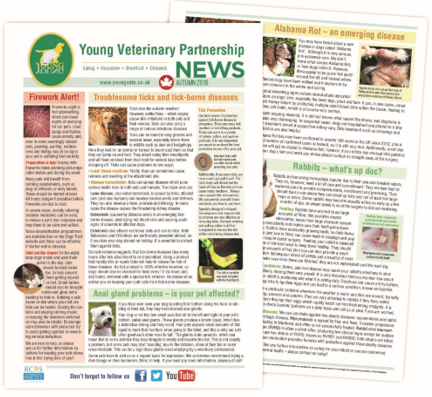Socialising your puppy – What Is The Right Age?
There is a special period of development in dogs, often called the “sensitive” or “puppy socialisation” period, which starts at 3 weeks of age and ends at 3 months. During this period pups need to pack in a lot of experience so that they become confident with all the things that they will encounter in normal daily life; meeting different kinds of strangers including children, meeting unfamiliar dogs, going on public transport or travelling in the car, and going to open spaces like the park or town center. Any gap in experience during this period can lead to problems later on. For example, a pup that has no positive experience with children during the puppy socialisation period is more likely to become frightened or aggressive with them as an adult.
Ideally, some of the ground work should be done by the breeder, but pups that have been reared in kennels or sheds won’t get much of the experience that they need. This leaves more for you to do as the new owner, so ideally you should get a home reared 8-week pup from a breeder who has put some work into puppy socialisation. However, don’t be tempted to get a pup that is younger than 8 weeks old, because puppies homed too young are prone to health and behaviour problems (and it is also illegal for pups to be homed at less than 8 weeks of age in the UK).
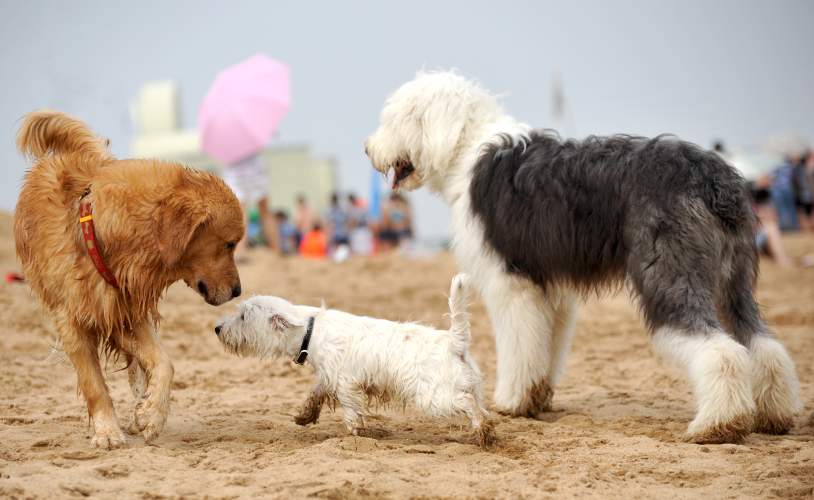
Noises
A dog’s hearing acts like an early warning system that detects any approaching threat. This is why noises are part of many of the fears and anxieties that dogs develop, such as fireworks, traffic and the vacuum cleaner. By exposing puppies to a wide range of noises while they are still young can prevent problems developing. For example, pups are seven times less likely to become afraid of fireworks if they are played recordings of fireworks just once at around 8 weeks of age. You can download a complete set of sounds to play to your puppy on the Dogs Trust website, just search for “Sounds Sociable”. Better still, ask your breeder to start playing these sounds to their pups regularly from 3 weeks onward. A free booklet is also included with the download, which provides information about how to use the sounds, as well as information on house training, settling your pup at night, play-biting and car travel.
Signs of stress
For a puppy, every first impression really matters, so we want to make sure that each new experience goes well and your pup grows in confidence. It is important to understand how your pup feels, and to be able to tell when he/she is stressed.
Common signs of stress and anxiety that most people recognise in their dogs include trembling and shaking, crying and whining, and restlessness and agitation. However, if a puppy, or dog, is showing these signs then stress is already quite intense. It is important to look out for more subtle signs like panting, lip-licking, yawning that show a pup is beginning to feel uneasy. If you are holding your puppy, it is harder to see some of these signs of stress, but you may be able to feel tension in your puppy’s body, or feel increases in heart rate and breathing rate that you wouldn’t be aware of if your pup was on the ground. When pups are worried or stressed, they also try to get reassurance from people and other animals. So, your pup may jump up at you to try to get reassurance and attention when he/she is stressed.
If your pup is stressed, you should offer some reassurance but don’t overdo it because you could encourage neediness and dependence. Rather than keep trying to reassure a stressed pup, it is better to take him/her to somewhere calm and quiet to relax for a while.
Try to work out what it was that your pup was worried by and then reintroduce your pup to that situation again more gradually.
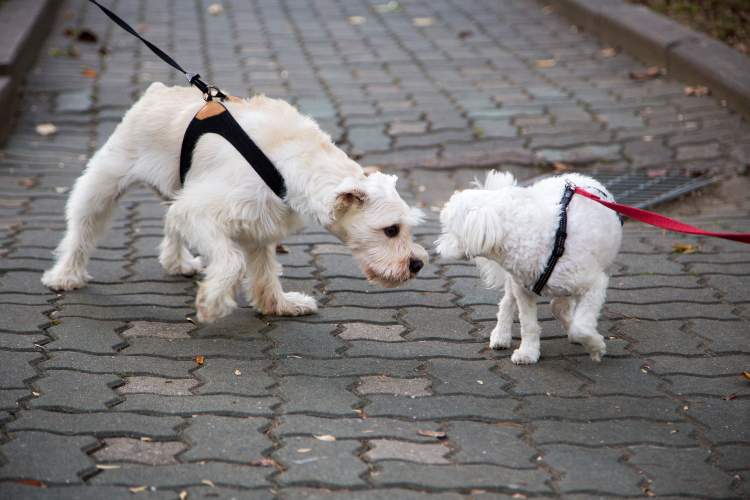
How to handle new experiences
Although your pup’s vaccinations will not be complete until after 12 weeks of age, it is essential that your pup starts to meet new people and well behaved dogs from the moment you get him/her.
You can do a lot of this at home, but it is also fine to take your pup to public places as long as he/she isn’t allowed to walk around on the ground or mix with unvaccinated dogs until his/her own vaccination course is complete.
Here are some tips on getting your pup used to new situations:
- Household machinery (vacuum cleaner, washing machine, dishwasher, hairdryer etc). Let your pup hear these things being used in another room a few times before seeing them closer. Keep exposure short until you can see that your pup isn’t worried.
- Unfamiliar people and children. Let your pup get used to people sitting calmly at a distance a few times before allowing them to approach, touch, offer treats or play with the pup. Let your pup choose how much he/she wants to interact with the person. If you pup is unsure – Don’t rush them.
- Unfamiliar dogs. Let your pup get used to meeting calm adult dogs first. Only introduce bouncier, more playful dogs when you can see that your pup is confident enough to cope. Again, don’t ever be afraid to ask an owner, before the dogs meet, to ensure the other dog is friendly.
- Travelling in buses, cars, and trains. Walk your pup on and off the bus or train several times before going on a short trip (one stop). Likewise, get your pup used to sitting and having treats in the car before going on a real trip. Build up the duration of journeys gradually.
- Open spaces, parks, busy town centers with traffic, bus and train stations, the vet clinic. Take your pup to these places, but start by a quieter part of the location and allow your pup to settle before going further. Walking in a car park when it is safe to do is a gives your new pup the chance to meet vehicles at a slower, less intimidating pace.
- Treats. Treats really help pups to accept new situations, so find some that your pup really likes and don’t skimp on using them but save your pups favourite treats for training time so they don’t become boring.
All of our surgeries offer free weight checks for pets, why not pop in. Regular visits to a vet will have many benefits for your pup, from socialisation to ensuring they are growing at a healthy weight, plus our team love meeting your new family members! Contact us today & arrange your pup’s free weight check.
Blog and images supplied from Zoetis.
Written by Jon Bowen BVETMED MRCVS DIPAS(CABC)

